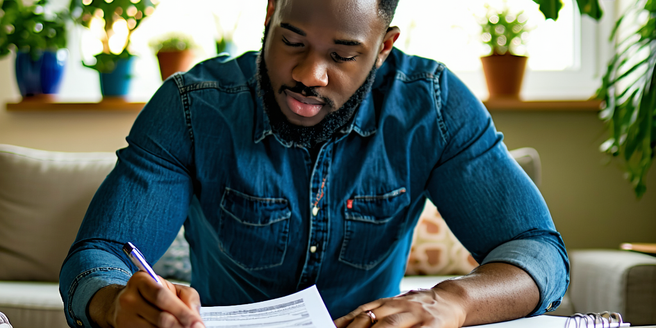Effective Communication With Landlords

Understanding Your Lease Agreement
Understanding your lease agreement is crucial in establishing a strong foundation in your landlord-tenant relationship. Such agreements outline the rights and responsibilities of both parties, establishing clear guidelines for property usage and maintenance obligations. Tenants should thoroughly read and ask questions about any ambiguous terms before signing. This proactive approach can prevent misunderstandings, especially regarding rent payment terms, pet policies, or security deposits. If possible, consult with a legal expert to clarify your rights and obligations. A well-informed tenant is more likely to feel confident and secure in their home, reducing potential conflicts down the road. Thus, investing time in understanding your lease agreement is vital for a harmonious living experience.
Initiating Open Dialogues
Initiating open dialogues with your landlord establishes a healthy communication channel from the outset. Being transparent about your expectations and concerns will create an atmosphere of mutual trust and respect. Regular check-ins can prevent minor issues from escalating into significant problems. Always approach conversations with a positive attitude, and be willing to listen to your landlord’s perspective. Remember, effective communication is a two-way street, where understanding and cooperation are key. When both parties feel heard and valued, it fosters a harmonious living environment. Establishing a schedule for casual meet-ups can promote continual open dialogue and effectively address any issues that may arise.
Addressing Maintenance Concerns
Addressing maintenance concerns promptly is essential in preventing small issues from becoming bigger problems. Notify your landlord immediately if you notice something amiss within the property. Clearly describe the issue and its potential impact on your living conditions. Most landlords appreciate this upfront communication as it allows them to take timely action, preserving the property’s value and ensuring tenant safety. Providing a possible timeline for repairs might also help in setting expectations. Documenting these communications can be beneficial in case of future disputes. Remember, a well-maintained property is beneficial for both tenants and landlords, facilitating a long-lasting rental relationship.
Negotiating Lease Terms Effectively
Negotiating lease terms effectively requires preparation and understanding of what you desire from the agreement. Identify the key areas where flexibility might be needed, such as the duration of the lease or rules regarding pets. When approaching negotiations, it’s important to present your requests clearly and be ready to offer reasonable compromises. Establishing a respectful and professional tone aids in creating a productive negotiating environment. Demonstrate how your proposals could be mutually beneficial, possibly offering a way to enhance the property’s value or your reliability as a tenant. Effective negotiation is about finding common ground and fostering a cooperative relationship.
Handling Conflicts and Disputes
Handling conflicts and disputes in a constructive manner is crucial in maintaining a peaceful landlord-tenant relationship. Approach disagreements with a solutions-focused mindset, aiming to understand your landlord’s perspective. Remember that empathy can play a significant role in resolving conflicts amicably. Open communication channels enable both parties to express their views and concerns candidly. Documenting incidents and communications ensures there is a record of conversations, which can be invaluable should the dispute escalate. Seeking mediation from a neutral third party might also help in finding an equitable resolution. Maintaining respect and patience during disputes underlines a commitment to upholding a harmonious relationship, even in challenging situations.
Building a Positive Landlord-Tenant Relationship
Building a positive landlord-tenant relationship involves mutual respect, open communication, and shared goals for the property’s upkeep. Regularly updating your landlord about potential issues demonstrates responsibility, while appreciation for any timely interventions reinforces the landlord’s efforts. Setting clear expectations about responsibilities and boundaries can help prevent future misunderstandings. Small gestures, like sending a thank-you note after a quick repair, can enhance goodwill. Participating in property improvement discussions shows respect for the landlord’s investment while enhancing your living environment. Transparent dialogue, respect, and positive reinforcement contribute significantly to a thriving relationship, allowing both landlord and tenant to coexist in a supportive and harmonious manner.